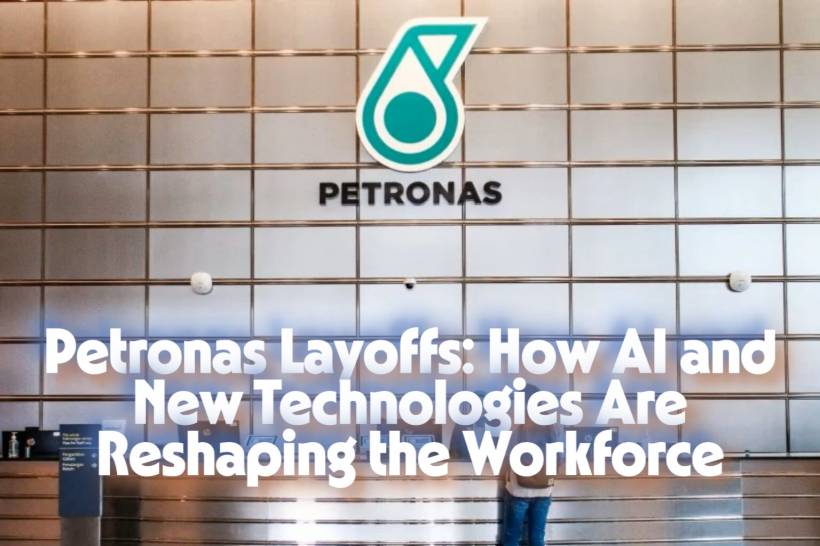A Shift Driven by Technology - The recent layoffs at Petronas have sparked nationwide attention, but according to Prime Minister Datuk Seri Anwar Ibrahim, this move is not the result of financial troubles. Instead, it stems from the oil and gas giant's push towards adopting new technologies, particularly artificial intelligence (AI). As Petronas embraces digital transformation, overlapping job functions have emerged, making certain roles redundant.
The Prime Minister explained in Parliament that these changes are aimed at improving operational efficiency. However, this efficiency comes at a cost — a portion of the workforce now finds themselves without their previous positions.
Efforts to Protect Employees' Welfare
Anwar acknowledged that the layoffs were far from a "minor issue" and that the impact on employees and their families was being taken seriously. Measures are being put in place to safeguard their welfare, including offering opportunities in other government-linked companies (GLCs) and government-linked investment companies (GLICs).
"I have personally held multiple discussions with the group CEO Tan Sri Tengku Muhammad Taufik to address this matter," Anwar said, emphasising the government's commitment to finding solutions that go beyond severance pay.
Why Layoffs Despite Strong Financial Performance?
The move naturally raised eyebrows in Parliament, especially from BN-Tampin representative Datuk Mohd Isam Mohd Isa, who questioned the need for layoffs given Petronas' healthy financial results. This is where the rationale becomes clearer — it's not about cost-cutting due to losses, but about "right-sizing" the organisation to better fit its future operational model.
In other words, Petronas is preparing for a future where automation, data analytics, and AI take on a bigger role in its daily operations, reducing the need for certain manual or overlapping functions.
The 10% Workforce Reduction
Earlier in June, Petronas president and CEO Tan Sri Tengku Muhammad Taufik confirmed a planned 10% cut in its workforce. He stressed that this is part of a strategic realignment and not a reaction to any financial downturn.
Tengku Muhammad Taufik assured that those affected would be treated "respectfully and equitably," highlighting that the company aims to manage the transition in a way that minimises hardship.
The Bigger Picture: AI and Job Redundancy
Petronas is far from the only company facing this reality. Across industries, AI and emerging technologies are enabling companies to do more with fewer people. For highly traditional sectors like oil and gas, the adoption of AI means faster decision-making, predictive maintenance of equipment, and streamlined operations — all of which can eliminate the need for certain roles.
While efficiency gains can make companies more competitive globally, they also come with the difficult consequence of job losses, especially for roles that can be automated or consolidated.
Final Thoughts
The Petronas layoffs highlight a broader challenge many organisations will face in the coming years: how to balance innovation with social responsibility. As Malaysia moves towards greater digital transformation, the question will be how to retrain and redeploy talent, ensuring workers are not left behind in the rush towards technological progress.
The government's involvement in supporting displaced employees shows a recognition that technological change needs to be managed carefully — not just for business efficiency, but for the livelihoods of the people affected.





Comments